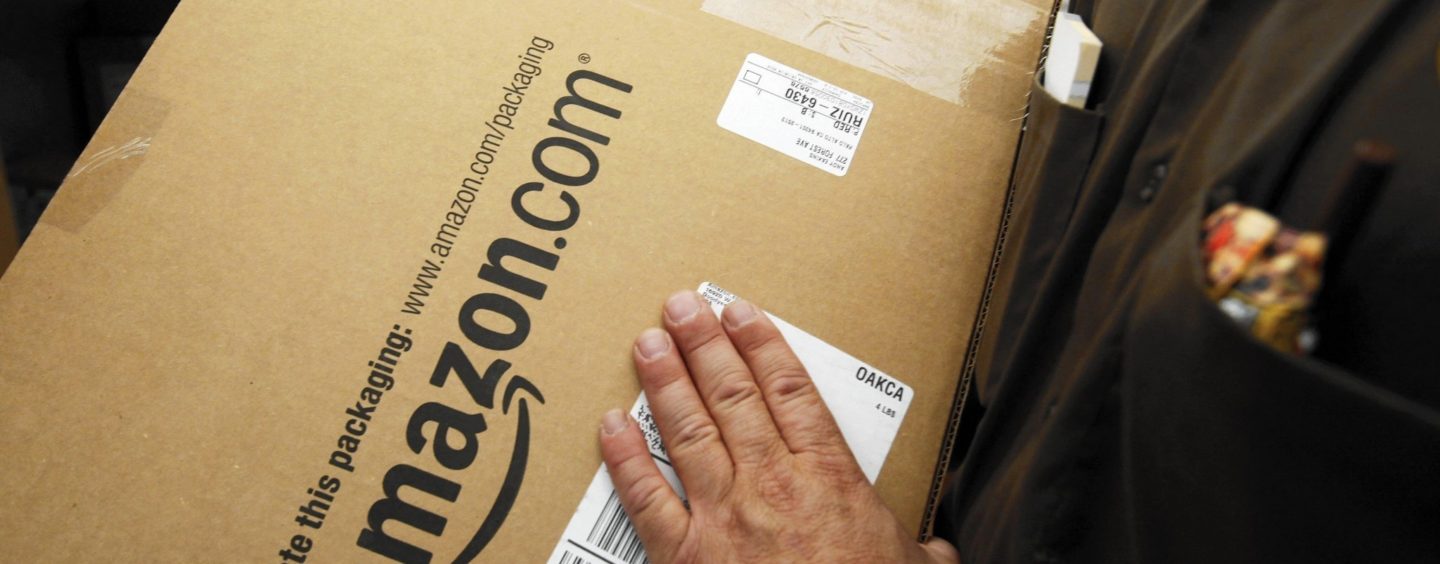Amazon customers warn others of a new phishing scam that’s targeting anyone who takes to Twitter to complain about delivery issues.
Customers and Twitter users who tweeted abut deliveries not coming on time received a tweet from criminals posing as Amazon customer services, using the name @amazonhelps2. It sent them a direct message, apologising for the issue. It then claimed to be trying to help.
RELATED: Internet Outage – Amazon Web Services
It started by asking for the email address on their Amazon account. If the customer provided it, the scammer went on to ask for the card number, expiry date, cdc, cardholder name and billing address linked to the Amazon account ‘for security purposes’.
Anyone who provided this faced the risk of having their bank account emptied by the criminals. Because they provided their details to the criminals, they would also have no recourse to their bank for a refund – and the money would be gone for good.
Some of the customers who had been targeted contacted Amazon, who warned that this was a fake account: it has since been suspended.
However, there’s nothing to stop the criminals using this approach again, setting up more fake accounts, that look very much like the real thing. It’s therefore vital to be on your guard.
RELATED: Amazon Scams Continue
Spot a spoof account
It’s becoming increasingly popular for brands to help customers solve their issues through Twitter, so it’s important to take steps to make sure you are dealing with the brand itself rather than a spoof.
The first step is to see if there’s a blue tick on their Twitter or Facebook profile, which means the account has been ‘verified’ by the social media provider.
It’s also important to read the message carefully. Check the name of the account is the one listed on the official website of the brand.
Check for grammatical and spelling errors too, which can creep into criminal messages. If there’s a link in the message, it’s best to err on the side of caution and avoid clicking on it – just in case.
Finally, if in doubt, the safest approach of all is to only deal with Amazon issues through your Amazon account.
Are you a victim of fraud or money scam? Share your story with us on the Money Credit and You Facebook page!
Original article published on www.aol.co.uk. Photo credit at www.latimes.com.






